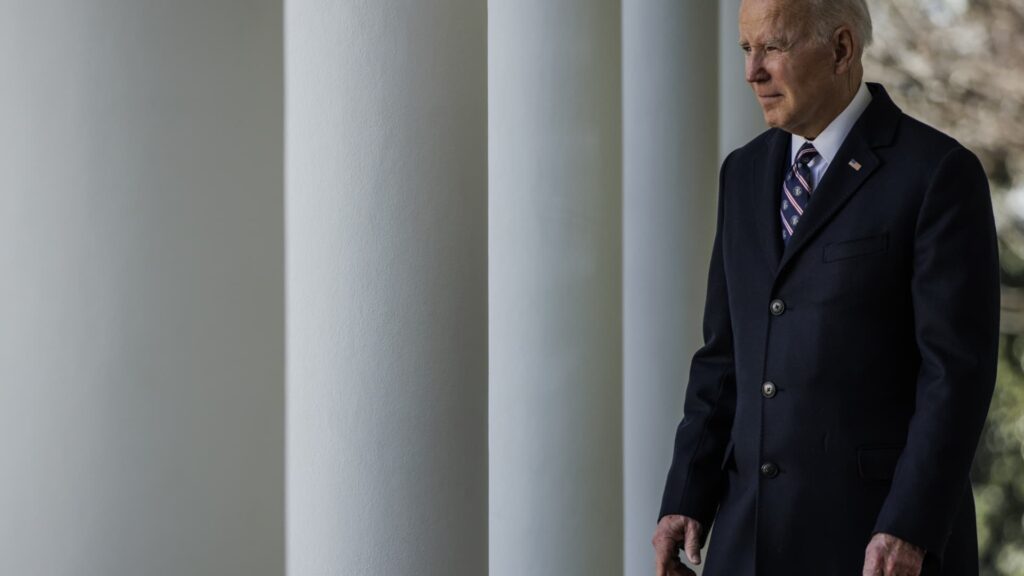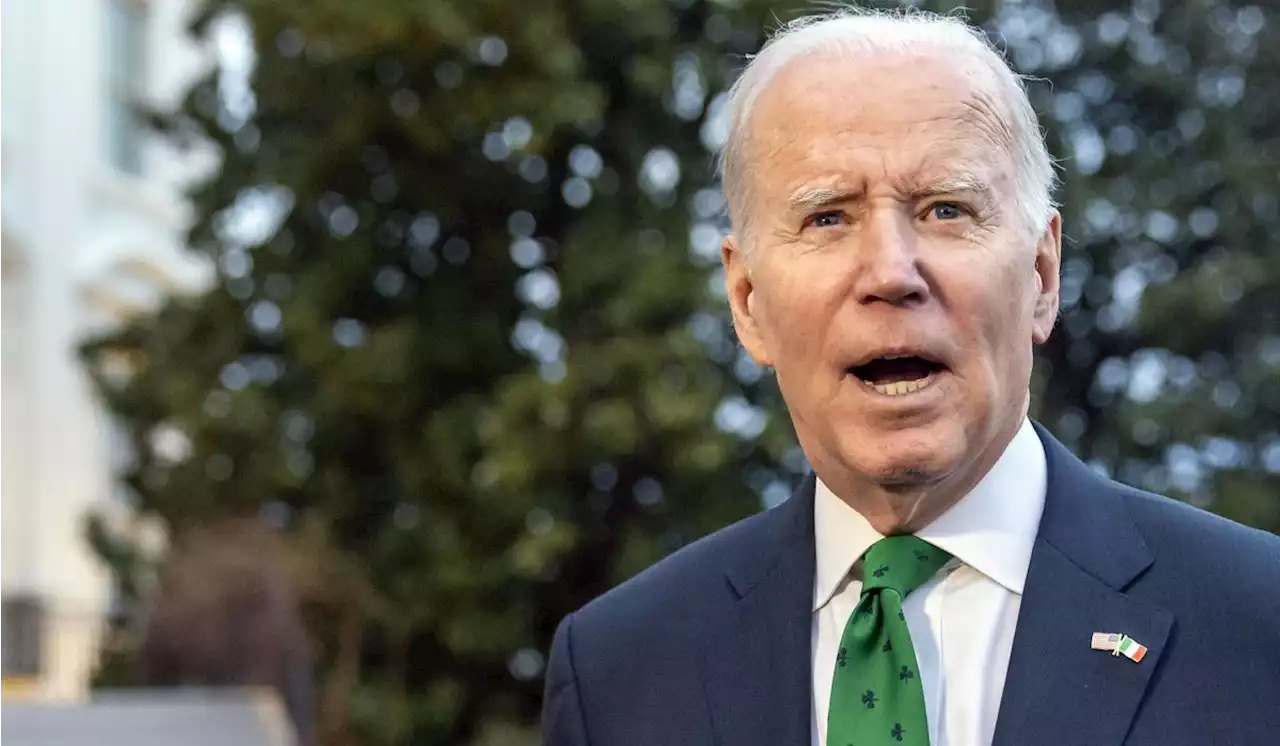On Monday, President Joe Biden issued his first veto to preserve a 401(k) Retirement Investment Rule that allows managers of retirement funds to consider the impact of climate change and other environmental, social, and governance factors when picking investments.

President Joe Biden Uses His Veto Power to Save A 401(K) Retirement Investment Rule (PHOTO: WorldNewsEra)
Biden Uses His Veto Power to Save A 401(K) Retirement Rule
Biden’s veto on Monday preserves his administration’s stance. It was not shown that there are enough congressional votes to override the veto. Both the House and Senate would need to vote in favor of it by two-thirds. The so-called “Environmental, social, and governance (ESG)” funds were regulation, that took effect in January. Moreover, ESG investments also known as sustainable or impact budgets come in a variety of flavors. Money may be invested by fund managers in green energy enterprises or businesses with diverse corporate boards.
ESG investing has become more popular in recent years, occurring against the backdrop of growing political backlash, mostly from Republican lawmakers who deride it as “woke” investing. Investors gushed about $69 billion into the budgets in 2021, an annual record and nearly triple the amount in 2019. However, inflows fell significantly in 2022 to $3.1 billion in a year when stocks and bonds got pummeled and the broad US fund universe noticed the biggest investor exodus on record, Morningstar reported.
According to PSCA survey data, of the other 401(k) plans about 5% offer an ESG fund. Employers noted a lack of regulatory transparency as one of the top reasons they haven’t shown one to workers. The Labor Department in November clarified that employers wouldn’t breach their legal duties by considering workers’ nonfinancial preferences in their final fund choice. Accommodating those preferences might encourage more plan participation and boost retirement security, for example, the agency said.
The Veto May Not Change Much
On February 28, the House of Representatives which was a Republican-controlled voted to repeal the retirement Investment Rule. It was done by utilizing the Congressional Review Act, a system that gives lawmakers a chance to repeal any regulations issued close to the end of a congressional session. The Biden administration issued the final text of its investment rule in November, just before Republicans took over the control of the House.
On March 1, the Senate voted to undo the Biden-era rule and two Democrats Jon Tester of Montana and Joe Manchin of West Virginia joined the Republican opposition. While the Biden administration’s rule is poised to stay intact, it’s unclear whether it will give employers peace of mind. The problem has been a political whiplash, subject to the whims of new presidential administrations, and employers stay terrified of obtaining sued for their investment choices against the backdrop of regulatory uncertainty.
READ ALSO:
Social Security Administration Payment Schedule For April 2023




















